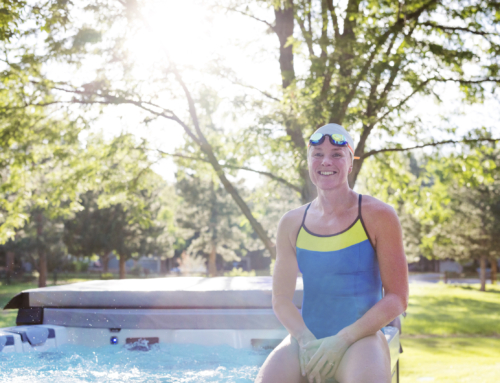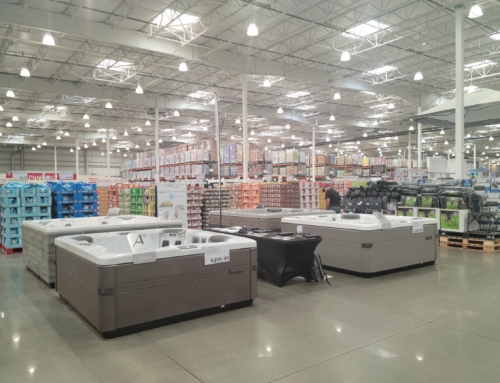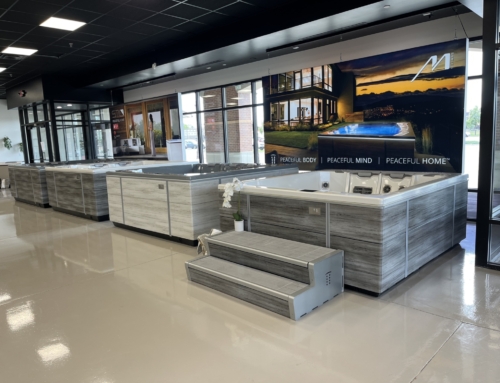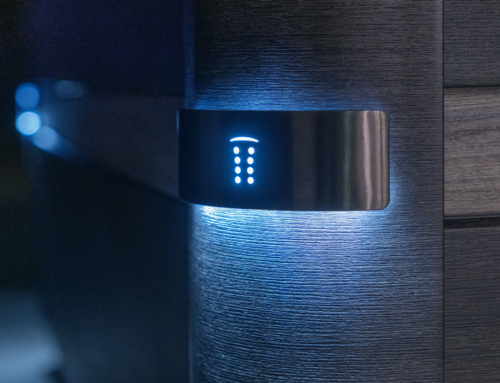In terms of value, there are few marketing mediums which provide the same amount of exposure at so little cost than radio. That being said, you nevertheless need an effective message that reaches and resonates with your target audience. When done correctly, radio ads can have a measurable contribution to sales growth.
More important than where and when you advertise, the message you send must be clear and direct. Before production begins, you should establish a clear marketing goal for the ad: are you promoting a new product or in-store sales event? Are you a new business looking to establish a brand image? Questions like these can help focus and refine your marketing efforts, making them more effective.
Promoting In-Store Sales
The goal of in-store promotions is to garner foot traffic to your brick-and-mortar location. This requires a radio message that not only captures listener attention, but incentivizes a visit to your store. In other words, to convince customers to come to your showroom, you must have more to offer than just great hot tubs.
The Allure of Strong Offers
In-store sales events are an effective way to draw customers to your showroom and sell big-ticket items. However, the offer needs to be strong. Your offers should provide incentive without putting your business at risk. That’s why many retailers use sales to help clear inventory. Blowout clearance sales are among the most successful because they offer real savings to consumers.
There are many creative ways to incentivize your customers. Some retailers use one-time savings or free accessory to move back stock. Others extend discounts to customers who bring a friend, which helps expand your consumer base. Whatever incentive you choose, ultimately, it’s the strength of your offer that dictates the effectiveness of your promotion.
According to Strategic Media Inc., a strong promotional offer “doesn’t make [the listeners] stop and think too much. It doesn’t confuse [them] with language that’s spun to sound like it’s a great offer but really isn’t.” In other words, be direct with your promotion. Provide the details, including where, when, and most importantly, how much your customers can save.
Tell Your Story
Once you have your promotional offer in place, it’s time to sell it. You don’t have to hide your intentions behind quirky scenarios or fast-talking banter to entice listeners. Instead, Bill Kittel, President of Barry Marketing Group, suggests retailers should “just tell the story (why are you doing a sale?) [and] include super-strong offers.”
Tell radio listeners the truth: you’re making room for new inventory; the manufacturer is discontinuing certain models; you’re moving to a new location. In short, your radio message for in-store sales should be direct–there’s no need to sugarcoat the reason for your discounts. Obviously, be sure to emphasize the offer itself, which is the real reason why customers visit your showroom. Ultimately, Kittel says, “including strong offers in your spot should–when done right–brand and sell [your message].”
Advertising Off-Site Events
Plan Ahead
In Pool and Spa News, Dana Robertson discusses the value of planning ahead when it comes to coordinating seasonal sales incentives and off-site events. For instance, if you plan to have an end-of-summer outdoor parking lot sale, it’s best not to wait until Labor Day weekend to begin organizing your marketing campaign. Having a strategy well in advance allows you to negotiate more competitive rates and time slots, increasing the value and effectiveness of your ad.
Coordinate and Cross-Promote
You should be thinking about your advertising efforts as you plan your off-site event. In fact, the event itself should incorporate promotional incentives to draw an audience. Free demonstrations, prize giveaways, games, and live DJs are effective ways to entice listeners who may not even be considering purchasing a spa product. This encourages new business and even the chance of landing a few impulse buys.
Finally, consider coordinating with manufacturers and media outlets to help get the word out. For instance, a radio station co-sponsor could provide entertainment and additional publicity for your event, while reducing advertising costs.
Developing Your Message for Radio
When you have less than a minute to convince customers to buy hot tubs from you, there’s no room for ambiguity. In order to use your time effectively, you should state important information and provide a direct call to action instructing your listeners to call or visit your location.
Connect with Listeners
In an article for Wet Leisure, the author discusses the importance of a targeted, focused message in radio advertising. He asserts, “The radio advert that works best will be simple and memorable and appropriate for your business and your audience.” Your message needs to establish a personal connection with the audience. Kittel suggests, “Make the spots conversational and establish a personal relationship with listeners, rather than just a ‘pitch.’”
The key is to speak directly to listeners without being to salesy or pushy. Your ultimate goal is to get your audience to say, “Me too. I can relate to that.” This could be through a series of rhetorical questions or through relatable needs, such as back pain or stress relief. Your message should be friendly, informative, and clear.
Avoid Cliché
Bill Kittel also states, “Good branding usually focuses on issues homeowners would ask [and] avoids clichés.” Generic marketing phrases, such as “Your Hot Tub Center” or “The Number-One in Town for Spas,” do very little to garner meaningful engagement. Compose a message that relates to your audience and offers real insight into what makes your business unique.
Writing a Script that Sells
Now it’s time to turn your message into effective ad copy. The first question to ask yourself is: “Who is this message for?” To create an effective marketing campaign, you need to establish your target audience. This means evaluating your current customer base and determining their core values. Are they frequent spenders? What type of benefits do they seek from their hot tubs? In understanding how your customers think, you can create copy that speaks to them on a more personal level.
Though you want your ad to be memorable, ultimately your goal is to bring more customers through your doors. If you’re new to radio advertising, spend some time listening to your local stations and note which ads stick with you. Are they funny? Informative? Sentimental? Most importantly, how do you react do these ads, and are you likely to remember or respond to them? In asking these critical questions, you can begin to refine the voice you wish to convey.
Simple, Direct Call to Action
Finally, your radio spot needs to include an unambiguous call to action for your listeners. Even if your brand message is strong and resonates with the audience, it does little good if they do not know how reach you. In your ad copy, incorporate your business name at least two to three times and provide one way to contact you. Don’t bombard the audience with loads of contact information. You have only a small window of listener attention; to use it effectively, the information must be easy to digest.
Creating an effective radio spot isn’t easy and requires a certain amount of talent. In fact, many retailers turn to professional writers and producers. Yet whether you choose to write the ad yourself or hire a professional, you want to ensure that it speaks to consumers and provides a substantial offer. If done right, you can turn your brand message into measurable sales.









Leave A Comment